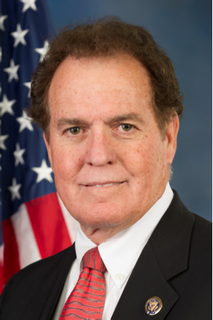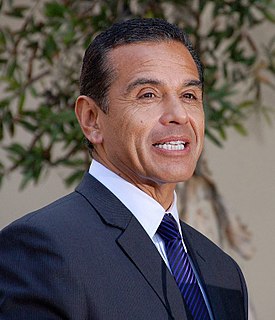A Quote by Barbara Boxer
Look, all this is about is utilizing the rules of the Senate, using a majority of the senators, to make sure that we get health reform done. We cannot wait another day.
Related Quotes
I'm not optimistic about reform in many, if any, policy areas at all. I think we'll make further progress by inventing new things that aren't much regulated yet and outracing bad policy. I look at so many policy areas - regulation, regulatory reform, health care reform - it's all failing, we're not making improvements, we're going backwards.
The day after Republicans won solid majorities in the House and Senate, House Speaker John Boehner and Senate Majority Leader-to-be Mitch McConnell outlined priorities for the newly elected Congress. High on the list is fundamental tax reform. In addition to overhauling the federal tax code, however, Congress should rein in the Internal Revenue Service.
When it comes to the health of our families, Barack refused to listen to all those folks who told him to leave health reform for another day, another president. He didn't care whether it was the easy thing to do politically - that's not how he was raised - he cared that it was the right thing to do.
Two committees in the house were up all night long trying to get a version of the repeal of the Affordable Care Act passed. House Republicans are just fighting tooth and nail to pass it in the House, to try to get it into the Senate, to try to make it then so that the Senate will get on board. But you know who one of the Republican senators is who`s not on board with this anymore? Senator Tom Cotton.
The Senate was the equivalent of an aristocracy at the beginning. Senators were not even elected; they were appointed in the early days. Then that changed, and senators did become elected. But the Senate is designed to slow down out-of-control, madcap activity elsewhere in the legislative branch (i.e., in the House), and the 60-vote rule was part of that.
The American people want to make sure that the rules of the game are fair. And what that means is that if you look at surveys around Americans' attitudes on trade, the majority of the American people still support trade. But they're concerned about whether or not trade is fair, and whether we get the same access to other countries' markets that they have with us. Is there just a race to the bottom when it comes to wages, and so forth.

































